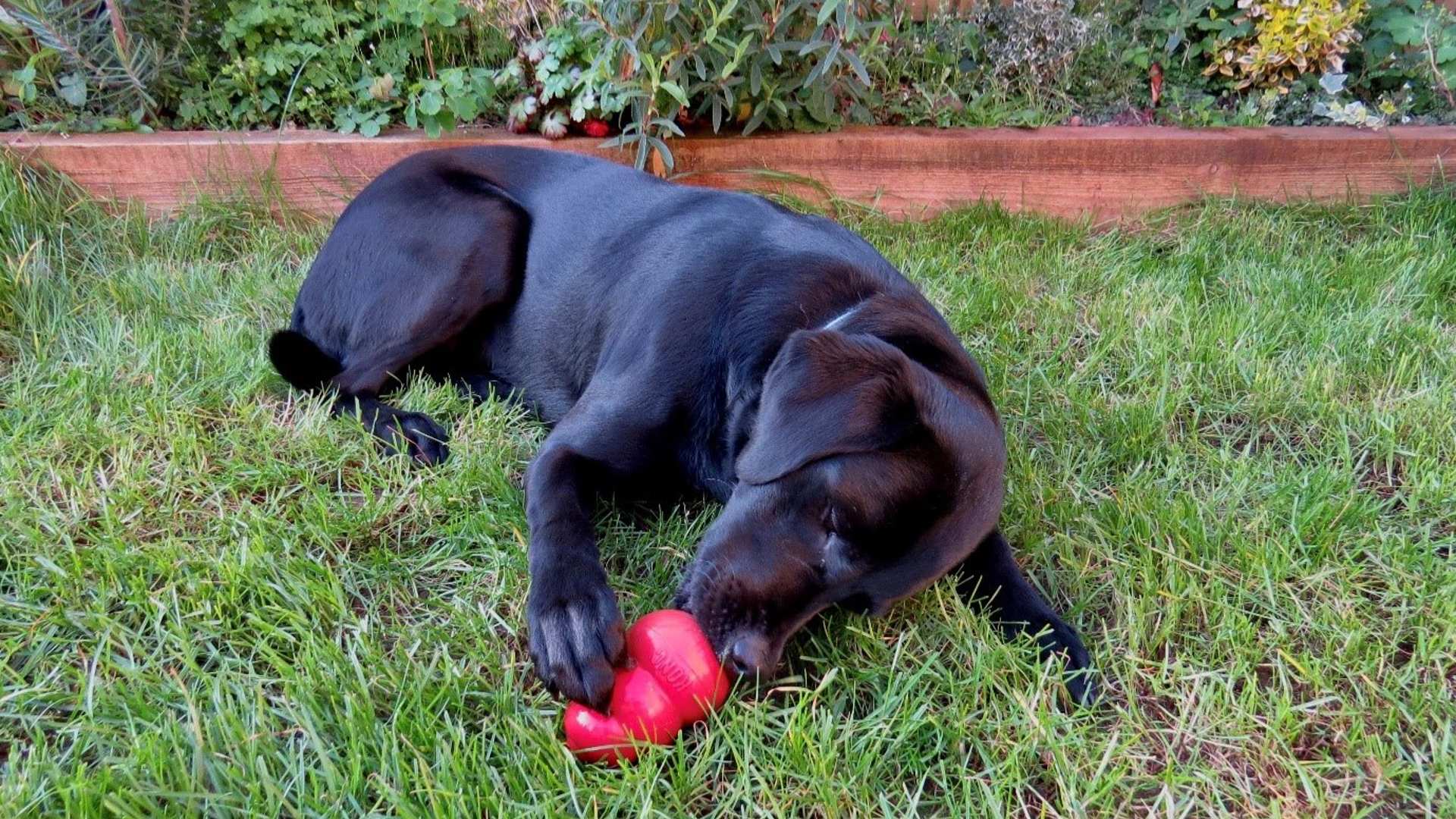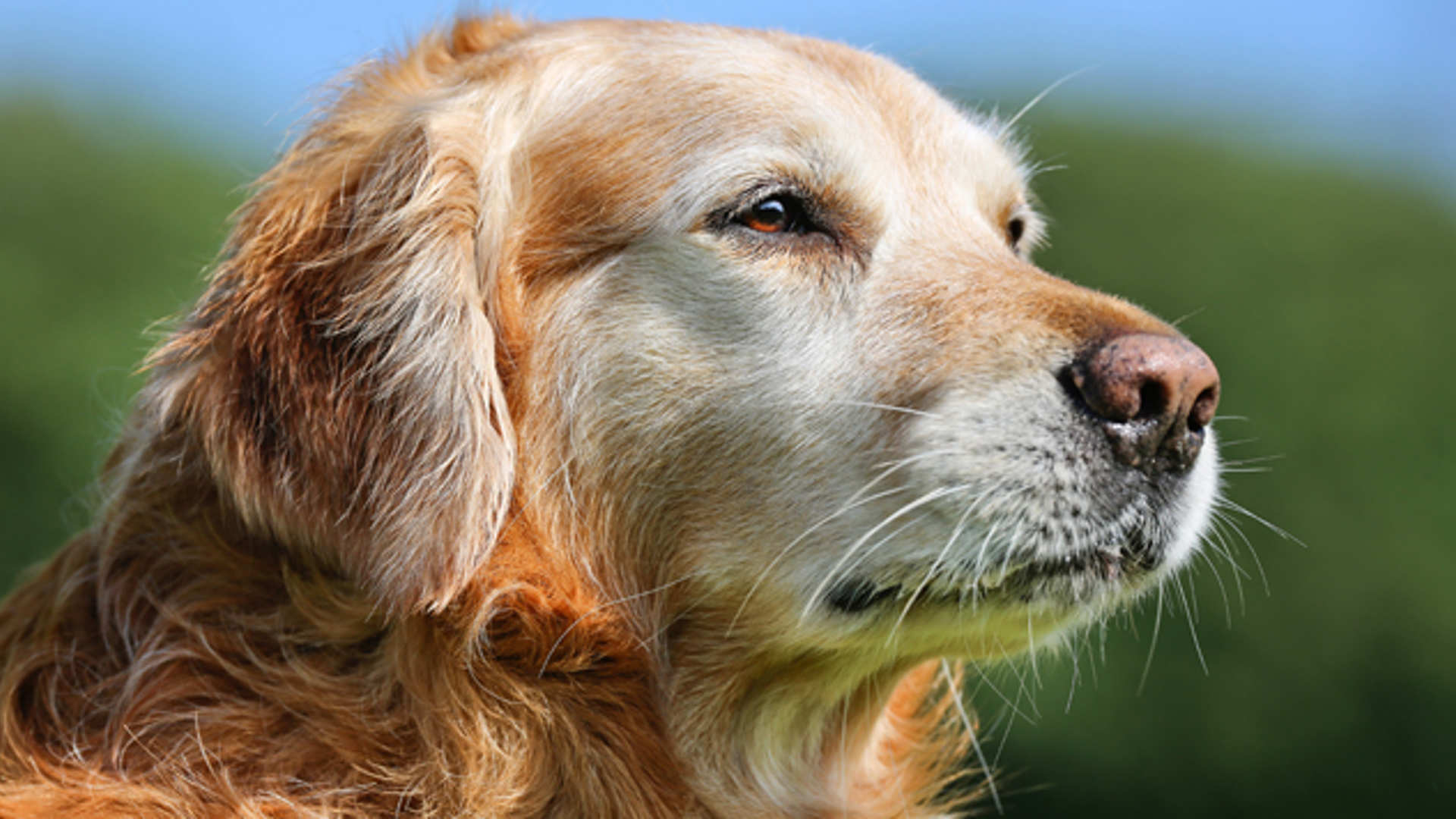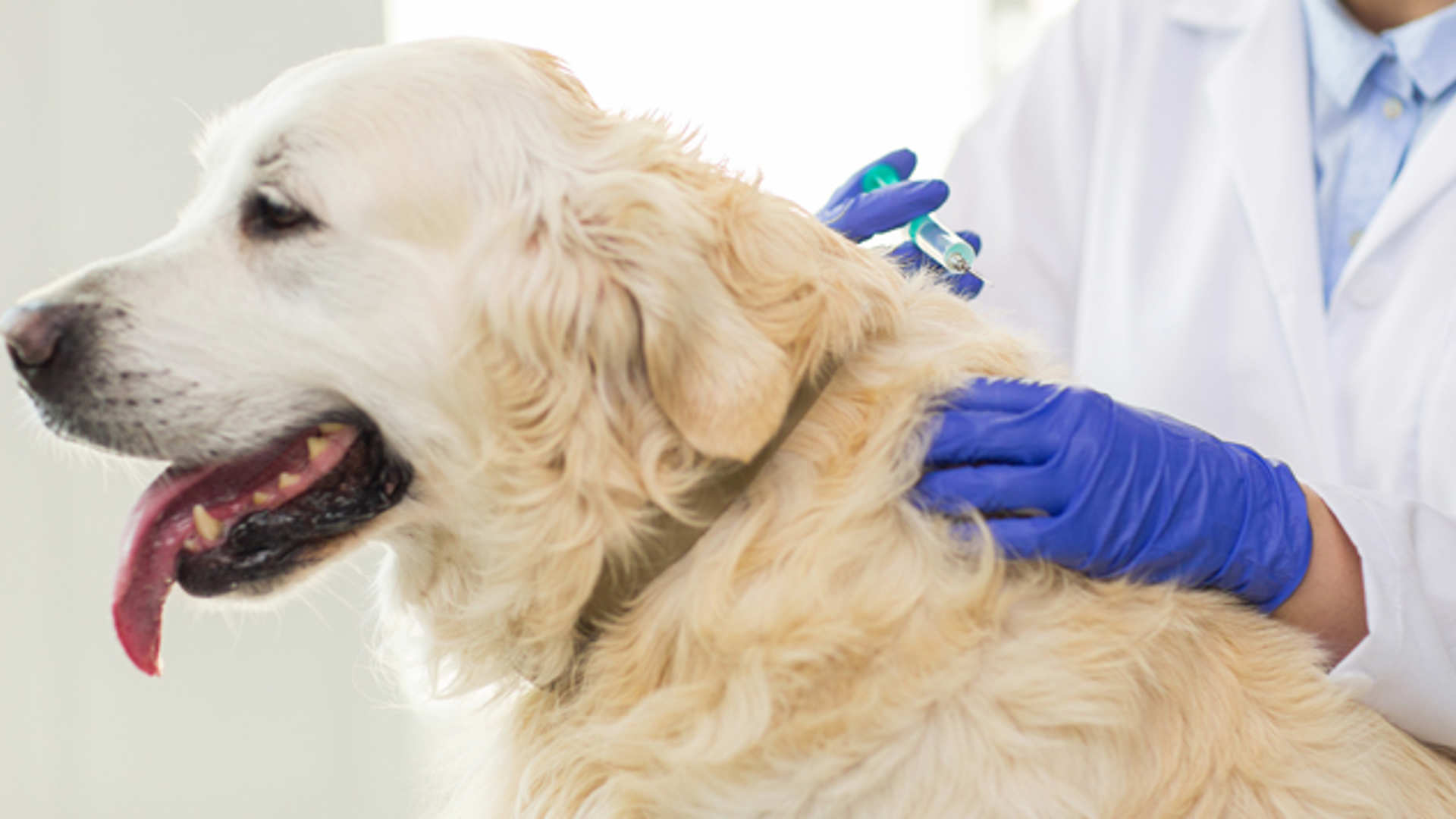Entertaining your Dog at Home
There are many changes you can make at home to keep your dog entertained with a more enriching environment. Here are a few examples to get you started:

We offer a multi-disciplinary referral service to veterinary surgeons across the UK. We accept emergency referrals 24 hours a day, 7 days a week.
In order to book an appointment with us, you need to request a referral to us from your pet’s usual veterinary practice.
Telephone: 0117 394 0513
Location: Langford House, Langford, BS40 5DUOutstanding veterinary care for horses and ponies in the heart of Somerset
Stables Equine Practice are experienced in dealing with horses and ponies involved in all competitive disciplines - from breeding, to pleasure horses and companions.
Telephone: 01749 830 666 / emergency pager 01379 673 827
Location: Conkerfield, Pennybatch Lane, Wookey, Nr. Wells, BA5 1NHYour local vets for all your pets.
We aim to provide the best possible care for your animals to ensure they are kept fit and healthy throughout their lives. Our practice offers a caring, family feel to ensure that you and your pet receive a personal and friendly service.
Telephone: 01934 852 422
Location: Langford House, Langford, BS40 5DULangford Vets Farm Animal Practice have extensive experience in all aspects of the farming sector and smallholder work including dairy, beef, sheep, goats, camelids, pigs and poultry.
Telephone: 01934 852 650
Location: Langford House, Langford, BS40 5DUWe are a dynamic, customer focused business providing an extensive, high-quality range of laboratory tests across many species.
We also offer an internationally recognised cat genetic testing service to owners and breeders.
Telephone: 0117 394 0510
Location: Langford House, Langford, BS40 5DUAdvancing veterinary education and career excellence
Langford Vets are passionate about promoting career-long learning for veterinary professionals with advanced training and career development opportunities provided through our Langford Academy.
Telephone: Email: brm@langfordvets.co.uk
Location: Langford House, Langford, BS40 5DUIf your dog has spent any time living outside the UK (imported from abroad, travelled outside the UK with you or others, or immigrated into the UK) then they could be at increased risk of infectious agents that we rarely see in the UK. Many dogs show minimal to no associated clinical signs for months or years following infection (some will never show signs). These dogs may subsequently spread infection to non-travelled dogs and, in rare cases, people, typically to those living with them or with very close contact.
The current rules on importing dogs into the UK only provide for risk reduction against Rabies (a viral infection) and the Echinococcus tapeworm (a parasitic worm infection) – both of which can cause life-threatening disease in people. Other diseases, including Brucella, are not covered by current import legislation.
Dependent on country(ies) visited we may require a screening blood test for exposure to Brucella canis prior to any routine inpatient (“elective” / routine) care such as neutering or dentistry. Pending negative test results we will wear gloves and aprons when handling your pet.
Screening for other infectious diseases your dog may have been exposed to while travelling may also be recommended. NB: dependent upon timing of entry into the UK repeat testing may be recommended / required.
Any dog that presents to the clinic with infertility, abortion / still birth, or that is subsequently found to have unexplained testes/scrotal swelling, unexplained uveitis, or evidence on imaging of inflammatory vertebral disc disease (“discospondylitis”) causing neck / spinal pain or lameness, will be required to screen for Brucella canis exposure, even where there is no identifiable history of travel or contact with travelled dogs. NB: as many infected dogs have subclinical disease (i.e. show no / minimal clinical signs) – requirements for testing are also based upon other risk factors (e.g. travel)
The cost of Brucella canis screening is typically around £90. This involves a simple blood sample, collected by a vet or vet nurse. An in-house lateral flow test (LFT) normally gives a same day result which can allow some treatments to go ahead. The remaining sample is sent to APHA (part of the government Department for Environment and Rural Affairs) for confirmatory tests which can take up to 10 days to give results.
Our team will wear PPE to protect themselves from risk whilst handling the patient and samples.
Brucella canis is endemic in many countries, including parts of the EU. The incidence in the UK is generally considered to be very low. It is mostly transmitted dog-to-dog by sexual contact. The most common clinical signs affect the sex organs but sometimes the infection can cause inflammation elsewhere in the body, most commonly the spine causing severe spinal pain and paralysis.
Infected dogs pose a risk to humans, with vets (particularly during surgery) and lab staff (handling blood and urine samples) at higher risk. Although rare, the consequences of human infection can be very severe and life changing. In recent years, there have been two cases of human infection by Brucella canis in the UK following exposure to infected dogs.
Infected dogs may not show any clinical signs and infection can be lifelong. It is not normally possible to clear the infection – even with long courses of antibiotics. Unfortunately, the only sure way to prevent spread of infection to other dogs or humans is to avoid all contact with infected dogs or humanely euthanise the infected dog.
Infection is rare in the UK but higher if the dog has lived in a country where the infection is more prevalent, especially if they spent time as an un-neutered stray. This is why we request Brucella canis screening tests in dogs that have a history of living in certain countries, even if very historical, prior to being able to offer some inpatient and laboratory services.
It is helpful if we can take samples for testing before the patient is ill, as treatment may have to be delayed until results are back, which may worsen outcomes.
There are many changes you can make at home to keep your dog entertained with a more enriching environment. Here are a few examples to get you started:

Find out how to support your cat dog or rabbit especially as they move into their senior years.

